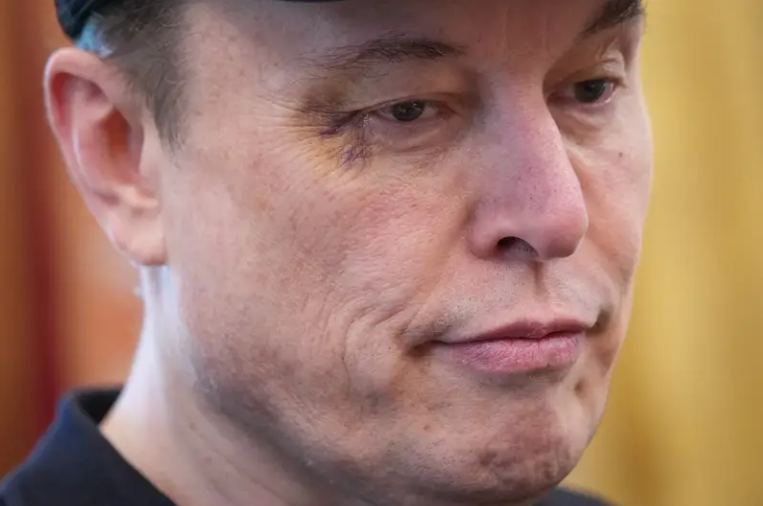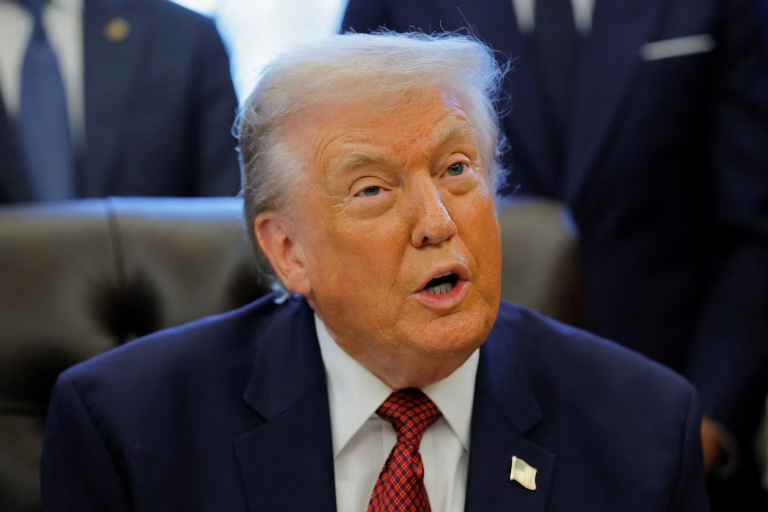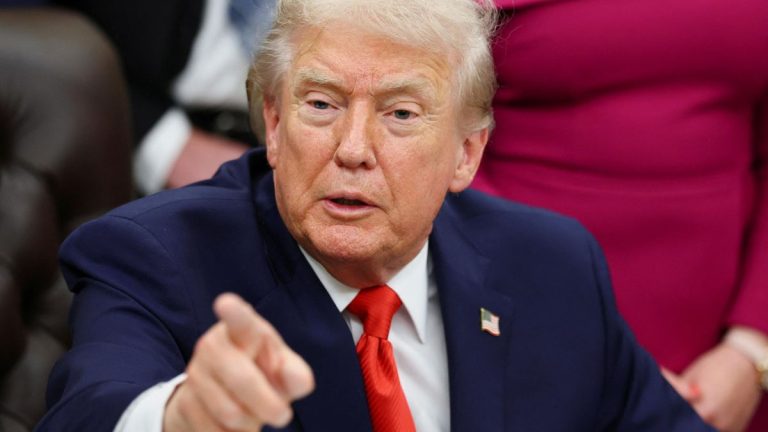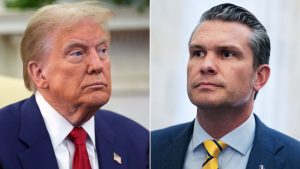In recent months, growing speculation about Elon Musk’s personal habits—particularly involving drug use—has reignited debate about leadership responsibility, mental health, and corporate accountability. While Musk has not been charged with any crime, multiple reports and insider accounts have drawn attention to what some describe as a troubling pattern behind the scenes.
The tech billionaire has publicly acknowledged using ketamine under medical supervision for depression. In an interview earlier this year, Musk explained that the drug is prescribed and used occasionally—about “every other week”—to improve his mental health. He defended this use by suggesting it enhances his outlook and, by extension, his work performance. Musk has positioned it as a better alternative to traditional antidepressants.
However, recent media investigations have cited anonymous sources within Tesla and SpaceX who allege that his drug use may go beyond what he publicly admits. According to these insiders, Musk has allegedly used not just ketamine but also substances like psychedelic mushrooms and MDMA (ecstasy), often during private gatherings. Some insiders even claim he travels with a daily pill organizer filled with various medications and supplements.
What has raised eyebrows is not only the alleged drug use but also the growing concern within the companies he leads. Board members and top executives at both Tesla and SpaceX have reportedly discussed the potential implications of Musk’s behavior, particularly when it comes to major decision-making, investor confidence, and regulatory oversight.
Despite the mounting speculation, Musk has pushed back, asserting that SpaceX enforces regular drug testing for employees—including himself—and that he has never failed a test. His defenders argue that the focus on his personal life distracts from his accomplishments and innovations. They see the scrutiny as part of a broader campaign to undermine his influence in technology and media.
Nonetheless, as Musk continues to steer some of the most powerful companies in the world—including Tesla, SpaceX, and X (formerly Twitter)—the conversation around executive wellness and accountability remains pressing. The discussion also highlights a larger cultural question: How much of a leader’s personal life should be scrutinized when the stakes of their decisions are so high?
While no official investigation is underway, and many claims remain unverified, the ongoing chatter around Musk’s alleged drug use underscores the tension between personal freedom, mental health treatment, and the expectations placed on high-profile public figures.










